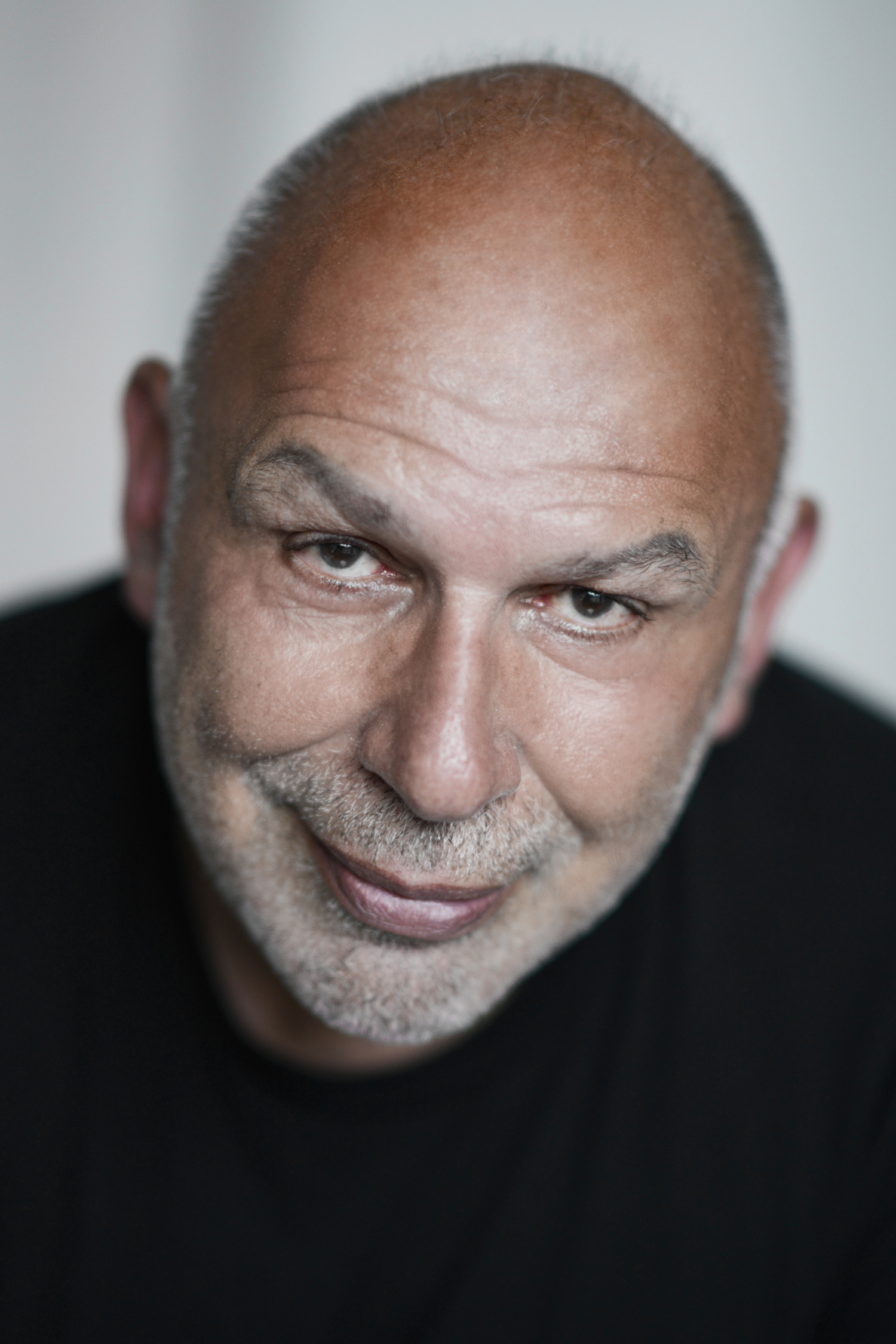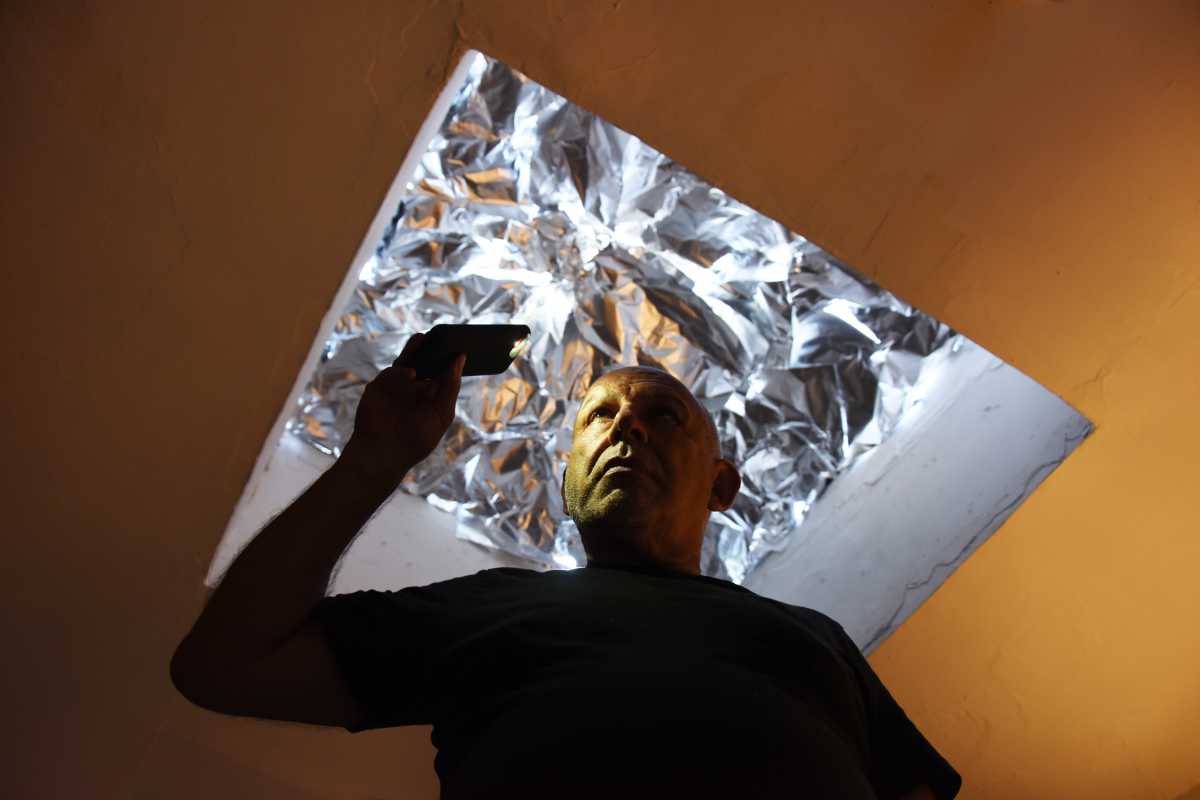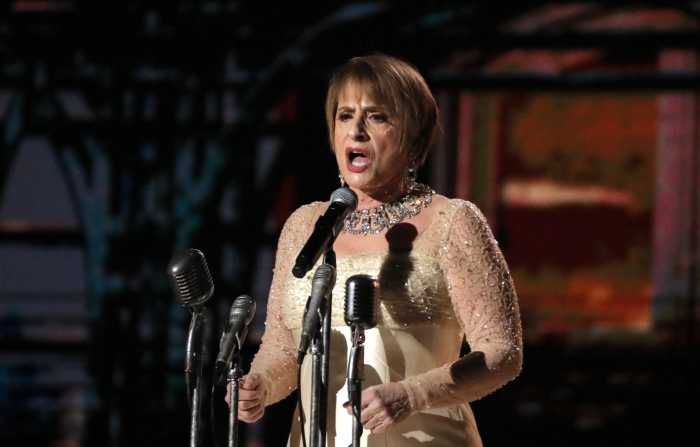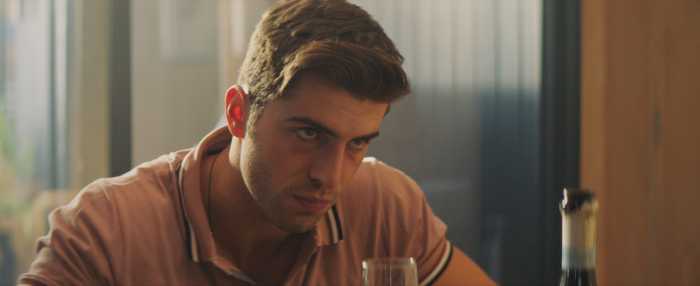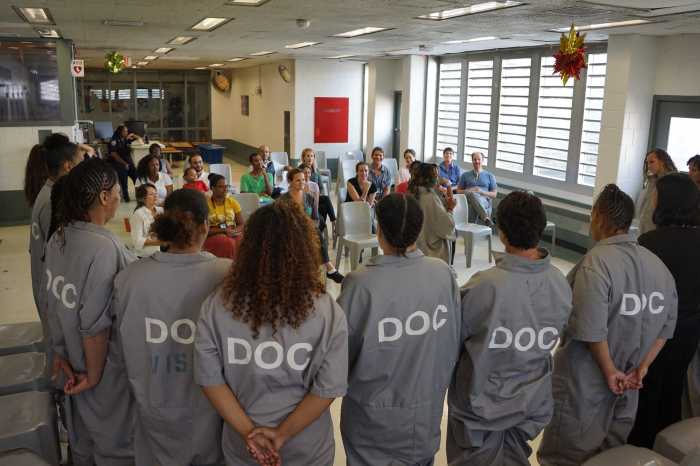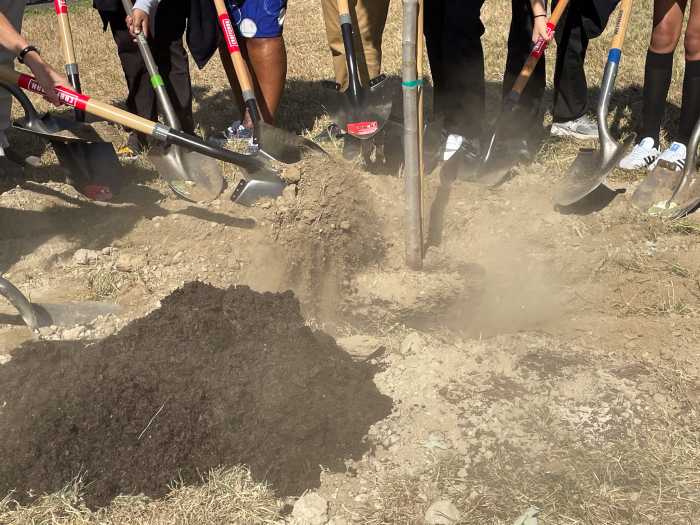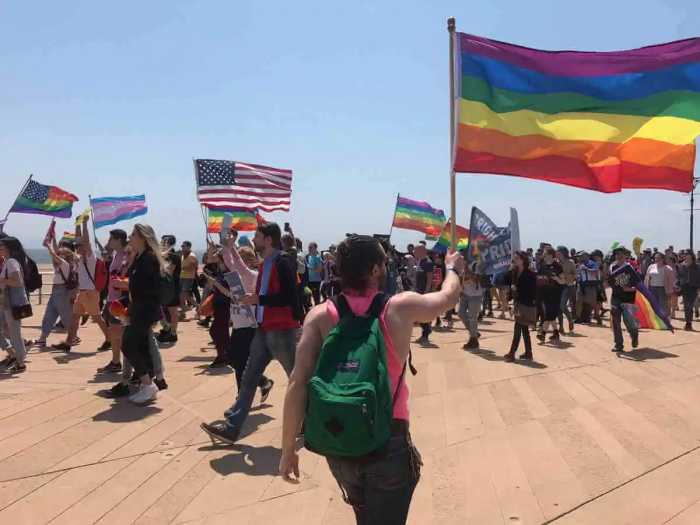BY BOB KRASNER
Tony Zanetta, an actor at heart in the West Village, took a very long detour from that profession, coming full circle at age 74.
Starting out in Jamestown, NY — “the same as Lucille Ball,” he recalled — Zanetta eventually ended up at Buffalo State, as his parents had said no to Pratt Institute. Not easily deterred, he left school after two years at the age of 20 and headed for the city, fascinated with stories of beatniks and clubs and artists.
It was 1966 when he rented his first apartment at Avenue C and 12th Street in the East Village.
“It was nice then and things were cheap!” he recalls. “My rent was $62 a month and I made $60 a week. You could eat lunch at Chock Full of Nuts for 35 cents!”
He worked with a friend at Creative Playthings, a toy shop that specialized in educationally motivating toys and had a clientele that sported household names.
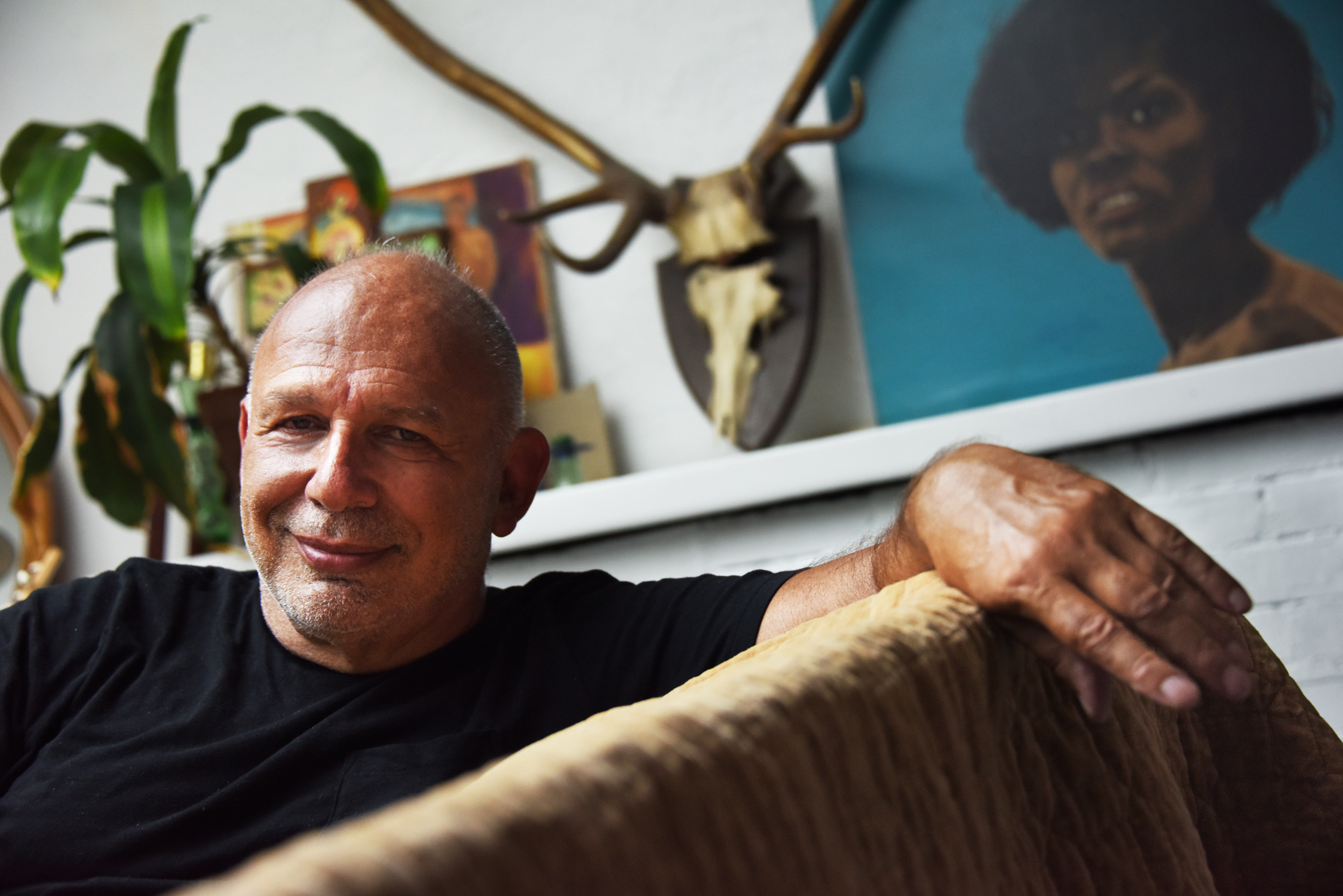
“It was a high falutin’ store! I waited on Mrs. Onassis and Happy Rockefeller. We spent the days playing with toys and making beautiful sculptures out of blocks,” Zanetta recalls. “And at night I was learning how to be a gay boy in New York.”
“I wanted to be an actor, but I was too timid,” he continues. “But it was a very exciting time to be young – everything was new ! Everything was being marketed to our age group. Even the color schemes were new.”
Eventually he found his way into theatre through John Vaccaro and the original Play-House of the Ridiculous (not to be confused with Charles Ludlam’s Ridiculous Theatrical Company, an offshoot).He ended up with a role in Andy Warhol’s “Pork”, which went from off-Broadway to London in 1971, and that is where Zanetta met the man who would take him to a much different stage: David Bowie.
“He wasn’t famous – he was long haired and kind of scraggly,” he says.
One thing led to another and Zanetta found himself on tour with the fledgling star, with no actual job or purpose.
“I had suggested to DeFries (Bowie’s manager) that he get rid of Lindsay Kemp’s mime troupe that had performed with Bowie and that turned out to be the beginning of a fantastic rock and roll show,” he recalls.
In fact, it became legendary, as the Ziggy Stardust tour went from small beginnings in England to massive success in the states.
Zanetta became an integral part of the tour the day that he started signing everyone in at their hotel, since the band and crew were just sitting around the lobby waiting for something to happen. DeFries took notice, looked at Zanetta and said, “Right, you’ll be the road manager.”
“But what does a road manager do?” asked Zanetta.
“Just make sure they find Cleveland,” snapped DeFries.
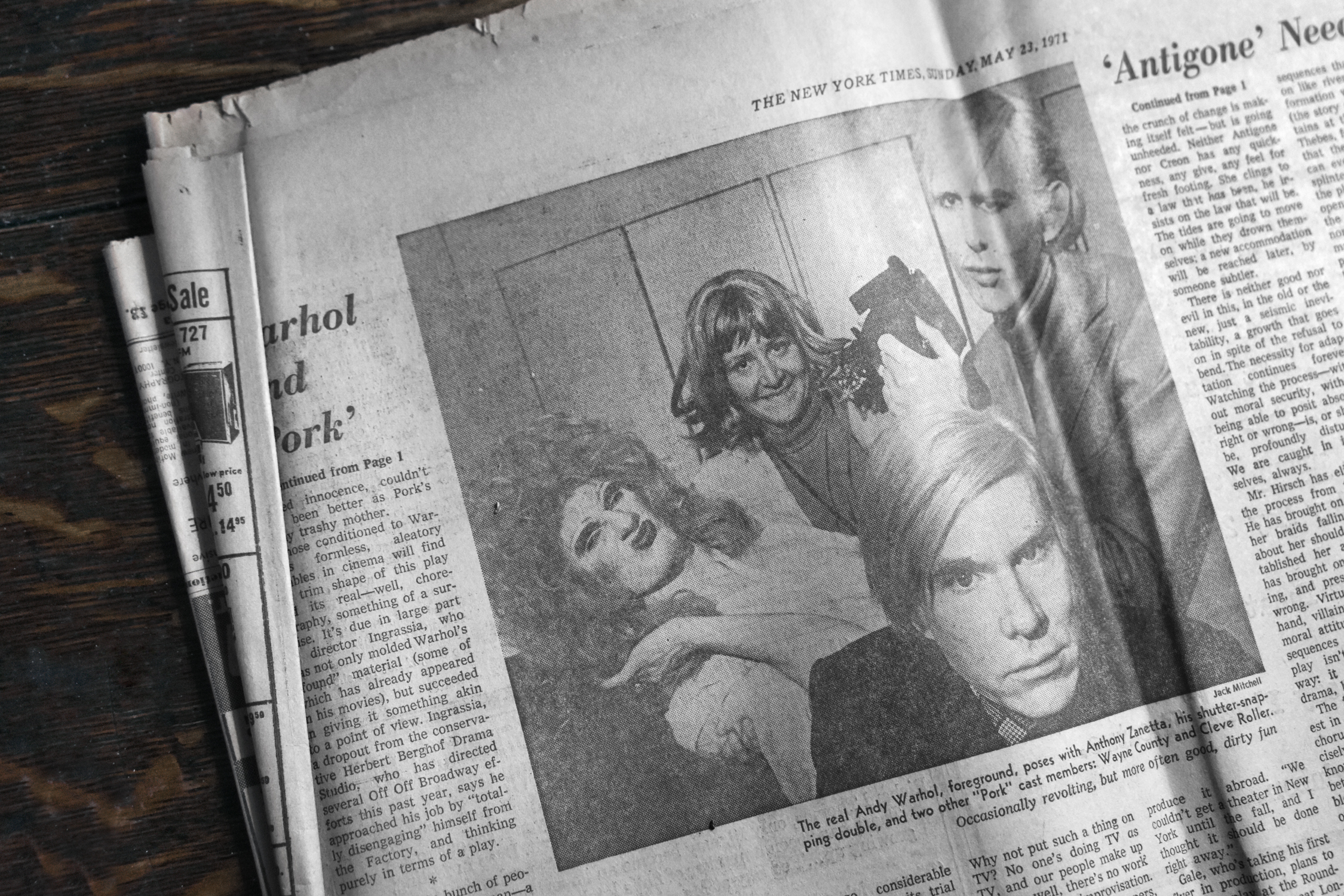
Cleveland turned out to be a turning point for Bowie and a high point for Zanetta. When they first played there, the venue was 3,000 seats. When they returned three months later, Bowie was on the cover of Rolling Stone and a new venue was full of 20,000 fans.
“It was an incredible thing to be a part of,” Zanetta marveled.
Years of high points followed, including celebrating his 27th birthday at DeFries’ estate in Connecticut.
Zanetta did two more tours with Bowie, but they almost didn’t happen. Bowie had announced his “retirement” onstage, leaving MainMan, Bowie’s management company – which had elevated Zanetta to president – wondering how they were going to get him back on the road.
“I suggested presenting ‘Bowie on Broadway’ but the idea was turned down,” he says. Probably an idea ahead of its time, but it did spark the idea for the ‘Diamond Dogs’ tour, a much more theatrical presentation than the Ziggy show.
Other things changed as well. Where previously no one was allowed backstage, now there was parade of stars: Diana Ross, Mick Jagger, Liz Taylor and many more. “After awhile you just got used to it,” shrugs Zanetta.
Adding to the backstage mix was the drugs, which led to the worst tour memory for the young manager. In Atlanta, Zanetta threw a party in his hotel room, “maybe 25 people and a boom box.”
There had been no drugs on the Ziggy tour, he claims, but there were plenty now. When the knock on the door turned out to be the police, everyone dropped their contraband on the floor, leaving Zanetta to take the rap, as the room was registered to him.
“I spent the night in jail and it was like the bubble I was in had burst,” he says. “I wasn’t in touch with the real world.”
The bubble burst for real when Bowie and DeFries split up, leaving Zanetta on his own.
“I kinda fell apart,” he muses. “That was my family – I lived and breathed it. None of us made money, but I have no regrets.”
Finding his way again in NYC, he went back to avant-garde theatre and then put his vision to work staging events through the 80’s in some legendary venues in Manhattan. Working with some of the most fabulous party people around, such as Dianne Brill and Betsey Johnson, Zanetta set the scene at Palladium, Limelight, Tunnel and Danceteria, among others.
A 30-year career creating installation designs for a large textile company, Westpoint Stevens, followed. But the COVID-19 crisis recently put an end to that , leaving Zanetta free to pursue his first love once again – acting.
“I did a play with Taboo! in drag – it looked like one of his paintings! Also did a reading at Torn Page with Everett Quinton and Flotilla Debarge. I was very disappointed that the Rumi Missabu (one of the original Cockettes ) extravaganza planned for October has been cancelled.”
As to what’s next, he simply says, “I don’t know.” But he easily sums up a lifetime of adventures in the arts: “I never took anything I did very seriously,” he confesses, “but I always had fun.”
